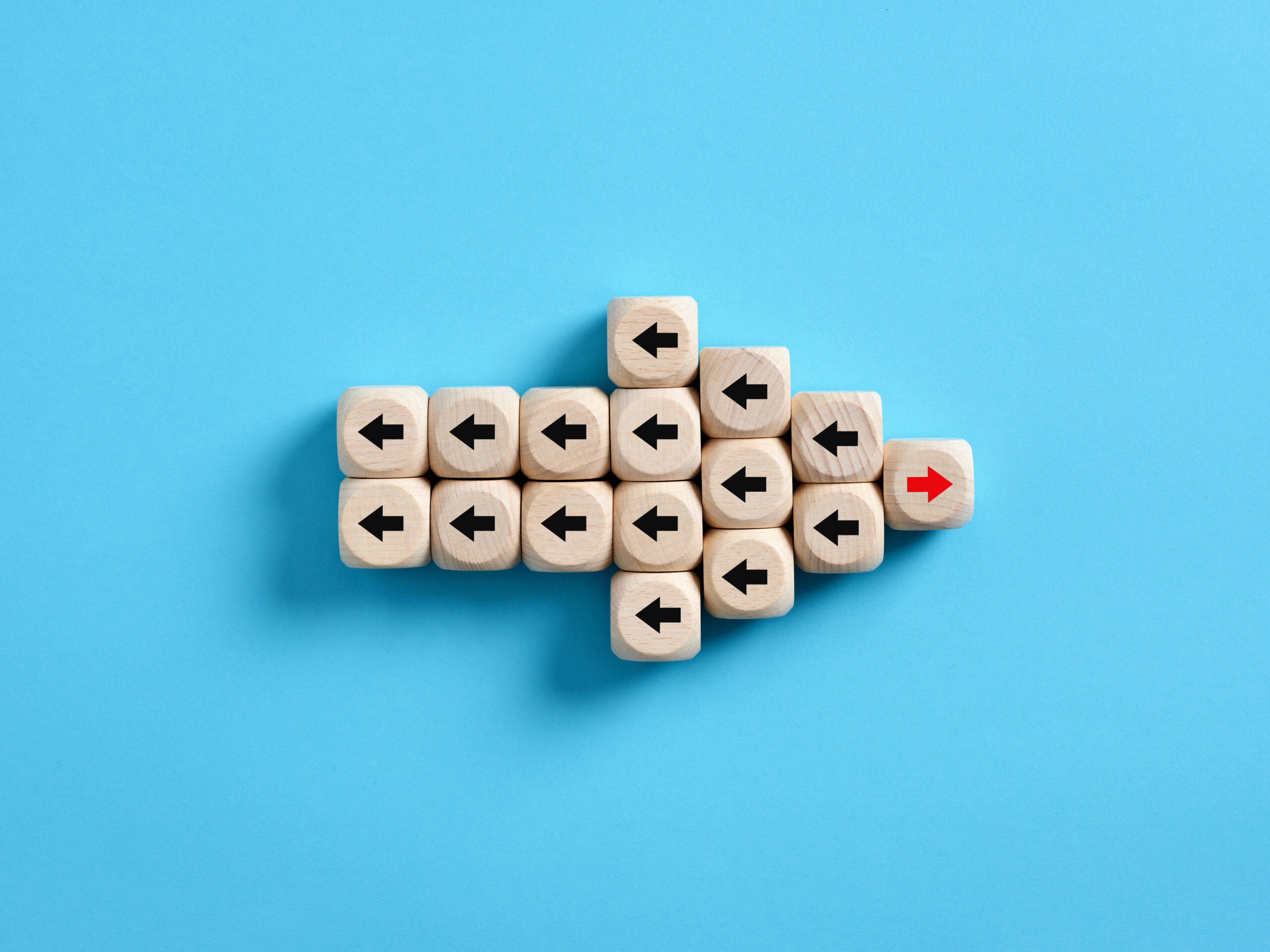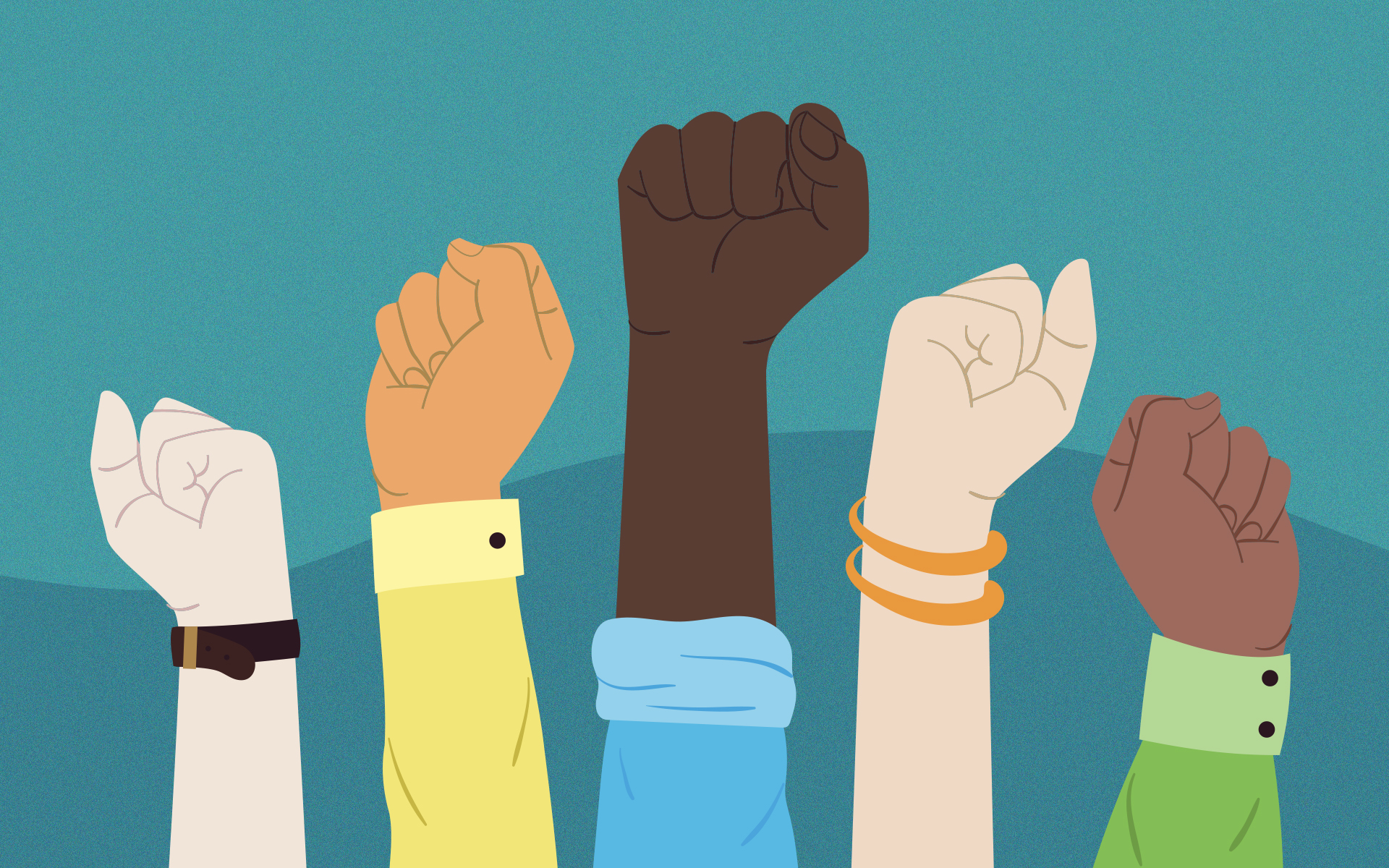“Bias” is one of those words that automatically sounds bad, whereas “unbiased” is an unalloyed good. Yet, that automatic understanding of what bias means is itself biased. At bottom, a bias is a tendency, a leaning, and in the process of making our way in the world, human beings developed a lot of leanings. Life requires us to act quickly and if we already have a certain tendency built in, we can respond on the spot.
Biases can be helpful.
At its most basic level, bias is part of our mental equipment for surviving and thriving. We learn to be biased away from food that looks and smells funky. If the ground underfoot is shaky or slippery, we avoid it. If we hear a loud noise coming from the children’s room, we are biased toward checking it out. On a more refined level, our upbringing or moral code or religion may instill in us a bias toward being kind to people and giving them the benefit of the doubt. The Golden Rule is a form of bias.
At its most basic level, bias is part of our mental equipment for surviving and thriving.
Bias can be incredibly harmful as well, and in fact hinder our survival, which, of course, is what gives bias its bad name. One of the strongest biases—the source of racism and any other number of harmful -isms, is a bias against others—against people we perceive as outside our ingroup. But this pernicious bias is only one of a very large number of leanings that human beings indulge in under the guise of convenient shortcuts to quickly guide our thoughts or actions. One accounting of these cognitive biases lists 188 of them.
One easy-to-grasp example is confirmation bias: when encountering new information, we look for what confirms what we already believe and push aside what contradicts it. Result: we don’t learn. Another is the status quo bias: the tendency to default to how things have been done as opposed to trying something new. Sometimes this helps us, but often it hurts us, because in avoiding the risk of the new, we also forgo the opportunity of the new and get mired in what’s familiar, however unhealthy or unhelpful it might be.
Accentuate the Negative
One of the most powerful, and pervasive, biases is “negativity bias,” where we have a tendency to allow, as the Decision Lab says, adverse events to have “a more significant impact on our psychological state than positive events.” This glass-more-than-half-empty focus, they go on to say, “causes our emotional response to negative events to feel amplified compared to similar positive events.” Like so many of our biases, humans come by this tendency through what’s originally a reasonable response to making our way in the world. If you’re trying to survive in a hostile environment, being attuned to negativity and threats puts you in a better position to respond quickly and effectively, and in fact, negative stimuli (i.e., threats) activate our fight or flight juices.
And that’s where the big problem comes in.
Those juices give us a rush, a kick. They’re meant to do so. It’s why people go to the top of ridiculously big hills and slide down them on skinny pieces of wood. It’s a controlled rush. Our addiction to this kind of rush can make us vulnerable, though. The news media knows this and exploits it mercilessly. Media of all kinds goes way beyond its role of informing us and leans in the direction of arousing and scaring us, especially as we well know, social media. It’s wreaking havoc on nervous systems—young, old, and in-between.
We breathe an atmosphere these days of unexamined, automatic negativity. It takes up far too much of our day and seeps into our psyches, further strengthening the negativity bias.
We breathe an atmosphere these days of unexamined, automatic negativity. It takes up far too much of our day and seeps into our psyches, further strengthening the negativity bias. The point of counteracting negativity bias is not to avoid the bad news that’s part of being a well-informed citizen of the world, but rather to avoid having your entire frame of mind pervaded by negativity, and instead—as the serenity prayer counsels—strive to know the difference between what you must accept and what you can change.
Harming Ourselves from the Inside Out
One of the most challenging aspects of being consumed by negativity bias is the strength it gives to the inner critic. When we are biased to see the bad as most prominent in the landscape of our lives, whenever we turn the lens inward, we’re inclined to see the worst and indulge in the most damaging kinds of self-talk. It gives us a perverse adrenaline rush to beat up on ourselves, but the self-inflicted harm is real, and habitual.
Hoping that we will rid ourselves of the negativity bias and the other biases all of sudden is unrealistic. We developed them for a reason, they’re longstanding, and they are poised for action at any moment.
Hoping that we will rid ourselves of the negativity bias and the other biases all of sudden is unrealistic. We developed them for a reason, they’re longstanding, and they are poised for action at any moment. What we can do is notice them emerge as we practice mindfulness—a time when we can observe them without acting on them. The more time we spend seeing them in the laboratory of meditation, the more we can notice them emerge in the heat of the moment. As they knock on our door and try to take over our minds, we can simply say, “I see you, I know why you’re there, but no thanks.” Over time, they will show up less and less often with less and less intensity. Even a bias knows when it’s not welcome. Perhaps like a real friend, it will only show up when truly needed.







